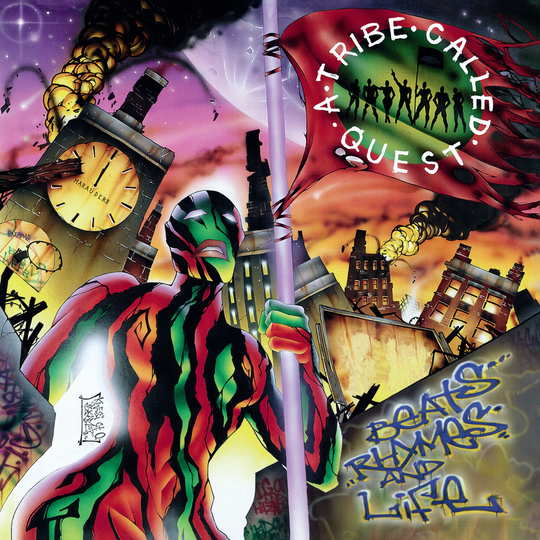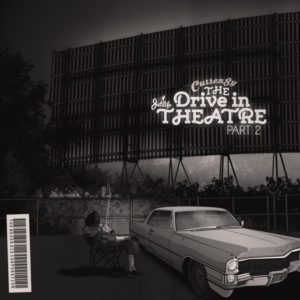Description
#atribecalledquest #vinyl #vinylrecords
As pioneers of alternative hip-hop and jazz-influenced rap, A Tribe Called Quest navigated the ebb and flow of the music industry, consistently reshaping the mold of conventional hip-hop throughout the ’80s and ’90s. Building reputation with their debut album ‘People’s Instinctive Travels and the Paths of Rhythm,’ the group went on to release five more albums, and finally disbanded in 1998, mere months after their fifth album ‘The Love Movement’ birthed their penchant for mature themes of love.
However, the most controversial and paradigm-shifting landmark in their discography, was arguably their fourth LP, ‘Beats, Rhymes & Life,’ released in 1996. With its debut, A Tribe Called Quest promptly revamped their reputation as being only feel-good, jazz rappers. Instead, they chose to wade into the murky waters of rap disputes and dare to self-project through their album.
This creative manifestation was perhaps best embodied in their track “Crew,” where the haunting echoes of gunfire narrated interpersonal treacheries within the group’s personal circles. Furthermore, they confronted territorial disputes and one-upmanship rampant in the rap community with tracks like “Keeping It Moving.” Despite the emotional intensity and gloomy themes, the group’s signature jazz-funk beats and flawless lyricism maintained a captivating balance, not allowing it to become overwhelmingly dark.
Fast forward to years later, ‘Beats, Rhymes & Life’ received a vinyl reissue from Sony, rejuvenating the noteworthy LP that had been off the shelves for quite some time. Various elements contributed to the renewed enthusiasm. Firstly, the album signified the longest gap between two successive records from the group, indicating its distinctiveness in their body of work. Secondly, it showcased the esteemed J Dilla, who made multiple appearances as a producer, further enrichifying the album’s worth. Intricate lines interlaced with profound insights and jabs at perceived trivial quarrels rendered the album unique and cerebral amidst a commonplace commercial hip-hop paradigm.
Considering the long-standing legacy of A Tribe Called Quest, it’s hard not to find parallels and influences in contemporary music. Their subtle yet powerful blending of genres and resonating societal issues paved the way for artists searching for an alternative, more authentic approach to hip-hop. The impact that progressive groups such as OutKast or individual artists with abstract styles like Kendrick Lamar continue to cement the relevance and impression of A Tribe Called Quest. The echo of the Tribe can still be heard, reverberating subtly beneath the rhymes of present-day artists, whispering their alternative worldviews into the collective consciousness of hip-hop enthusiasts. There’s no denying that A Tribe Called Quest forever altered the hip-hop landscape with their distinct style, trademark themes, and unforgettable albums. They remain a testament to the richness and diversity of hip-hop, an embodiment of its vibrant, beating heart.




